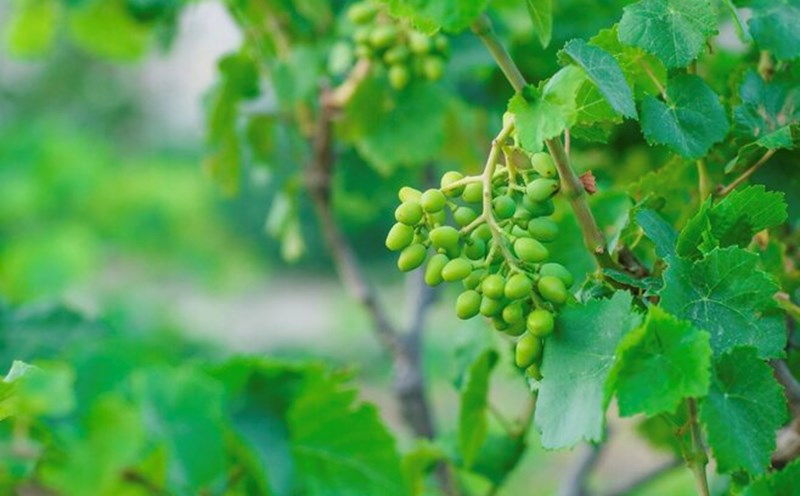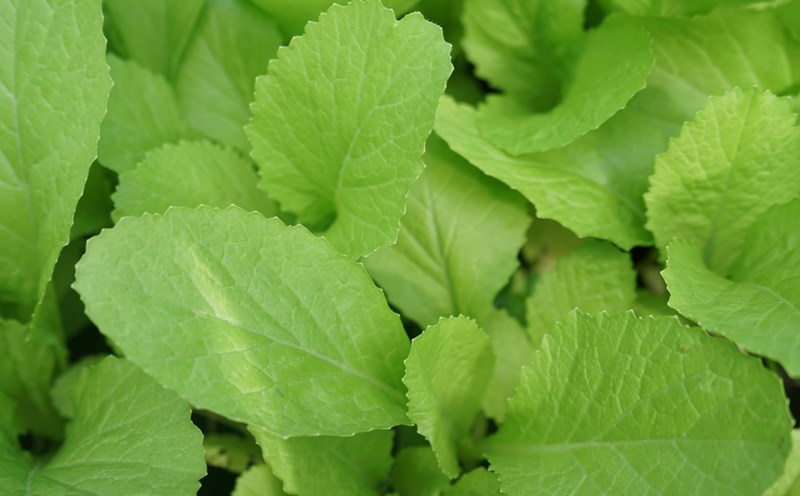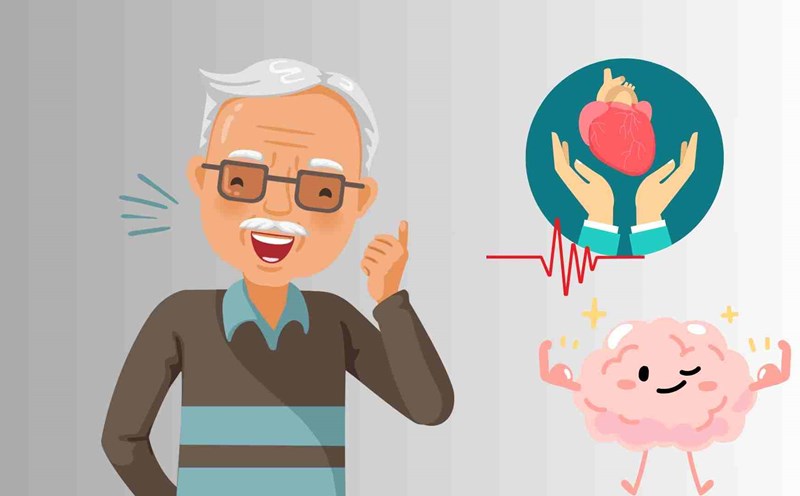According to Dr. Vikrant Khese, Consultant Cardiologist, Apollo Clinic - Kharadi (India), grape leaves are a nutritious food with many cardiovascular benefits. Thanks to their antioxidant and vitamin content, grape leaves help protect blood vessels and support stable circulation.
Rich in antioxidants help protect blood vessels
Grape leaves contain many polyphenols, especially flavonoids such as quercetin, rutin and Kaempferol, powerful antioxidant compounds that can neutralize free radicals, slow down the aging process of cells and protect the blood vessel endometriosis from damage. This reduces the risk of atherosclerosis and cardiovascular diseases caused by chronic inflammation.
Providing fiber to help control cholesterol
Fiber is a key factor in a heart-healthy diet. Grape leaves are rich in soluble fiber, which helps reduce bad cholesterol (LDL) by limiting the absorption of cholesterol from food in the intestines. At the same time, fiber also helps regulate blood sugar and helps control weight factors that directly affect cardiovascular health.
Supplement essential minerals for the heart
Grape leaves contain potassium, magnesium and manganese, three minerals important for heart function. Potassium helps balance blood pressure, magnesium stabilizes the heart rate and supports heart muscle function, while manganese plays a role in the body's natural antioxidant mechanism.
Rich in vitamin K
Vitamin K in grape leaves participates in the normal blood clotting process, ensuring good blood circulation and reducing the risk of internal bleeding. A stable circulatory system and good blood circulation will help the heart work more effectively.
The effect of regulating blood pressure and fighting inflammation
Some studies show that a diet rich in plant-based polyphenols such as grape leaves can help lower blood pressure thanks to their ability to dilate blood vessels, fight inflammation and improve blood vessel function. In addition, the active ingredient quercetin in grape leaves also helps reduce inflammatory reactions, a key factor in the formation of cardiovascular disease.
Notes when using
People who are taking anticoagulants such as warfarin should limit eating a lot of grape leaves because the high vitamin K content can affect the effectiveness of the drug.
You should choose clean grape leaves, without pesticide residues or preservatives if you buy pre-soaked.











